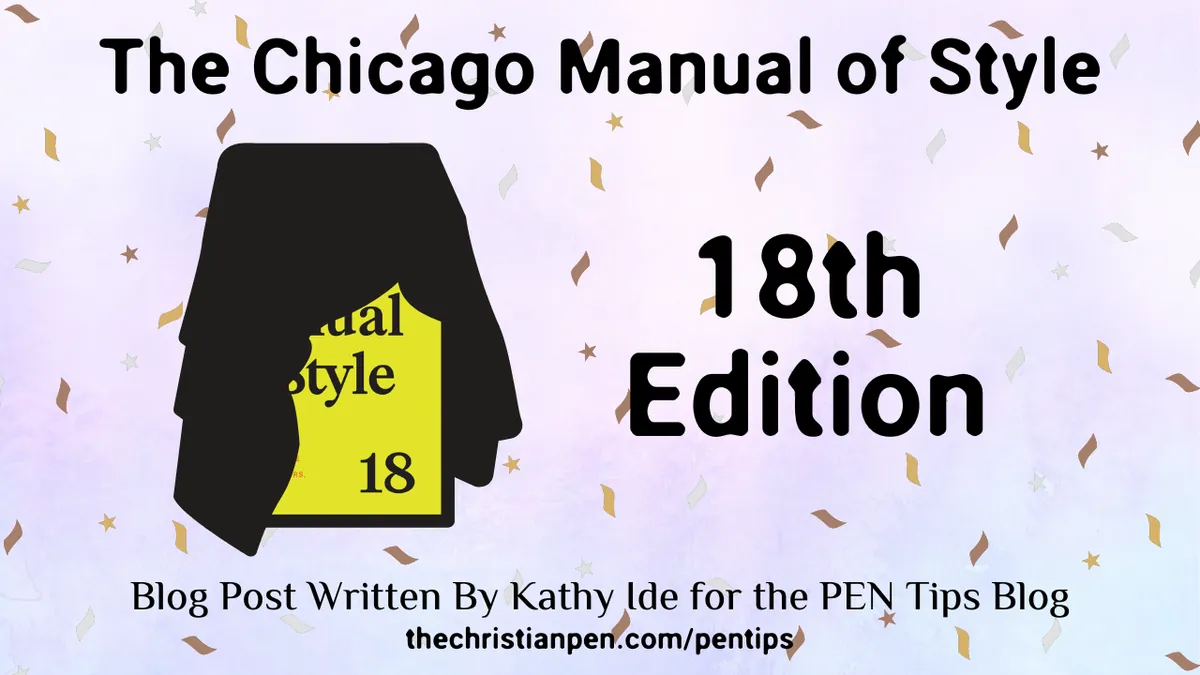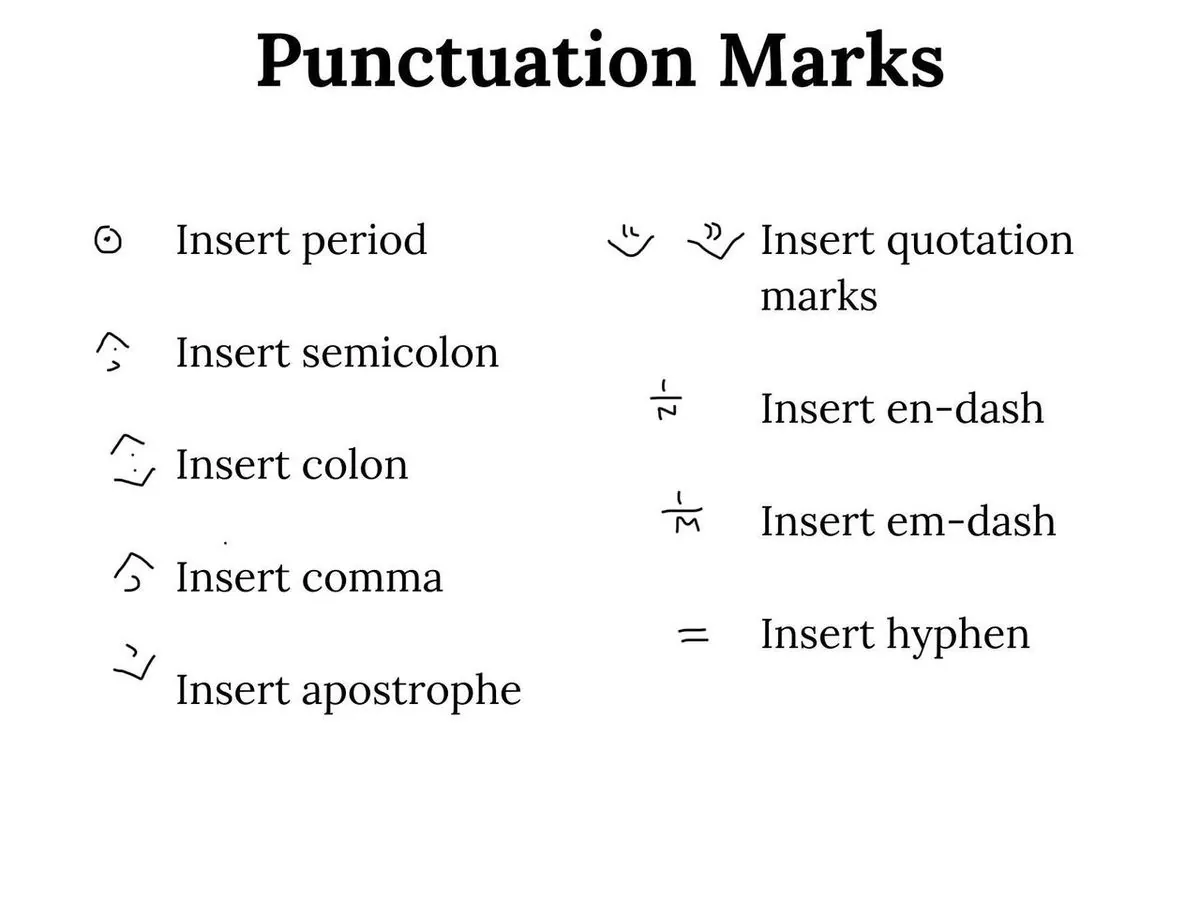Chicago Manual of Style: 18th Edition Embraces Digital Age
The 18th edition of The Chicago Manual of Style adapts to modern publishing trends while preserving its core principles. This update reflects changes in language usage and digital publishing practices.

The University of Chicago Press has released the 18th edition of The Chicago Manual of Style, a cornerstone reference for writers and editors since 1906. This latest update, published in September 2024, reflects the evolving landscape of language and publishing while maintaining its role as a guardian of editorial standards.
The new edition addresses contemporary challenges in writing and publishing. It now fully embraces the singular "they," including the reflexive "themself," acknowledging shifts in gender-neutral language usage. The manual also provides guidance on electronic and self-publishing, AI usage, and text accessibility for vision-impaired readers.
Notable changes in the 18th edition include:
- Capitalization rules for sentences following colons
- Removal of hyphens in words like "esports" and "ebook"
- Updated hyphenation guidelines for compound modifiers
- Capitalization of longer prepositions in headlines
- Acceptance of "overly" as an adverb
- Capitalization of "Indigenous" alongside "Black" and "White"
- Italicization of web-only series titles

The Chicago Manual of Style's evolution mirrors the transformation of the publishing industry. While it still includes a section on traditional copy-editing marks, the manual acknowledges the shift towards digital editing practices. It now refers to self-publishing as "published by the author," reflecting the growing legitimacy of this practice.
"A reference book is a belief system: There is a right way. Its changing rules and traditions can be known; you can keep them near you. At a time when right ways, rules and traditions are everywhere uncertain, a new Chicago provides, for at least a moment, solid ground."
The Chicago Manual of Style remains a vital resource for maintaining consistency and quality in writing and editing. Its regular updates ensure it stays relevant in an ever-changing linguistic and technological landscape, providing guidance to professionals and enthusiasts alike in the art of clear, effective communication.


































